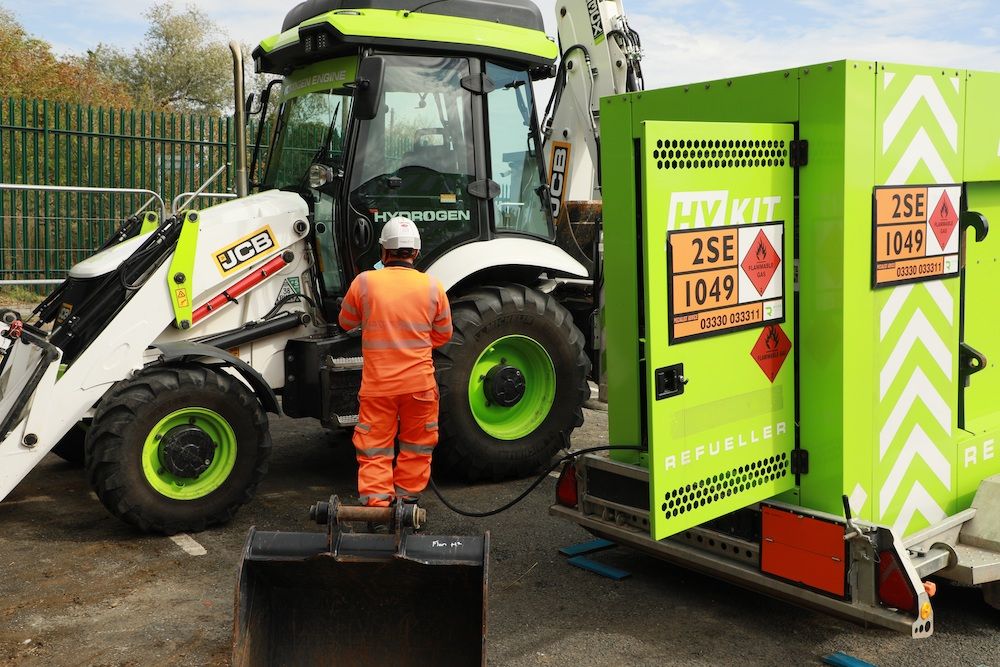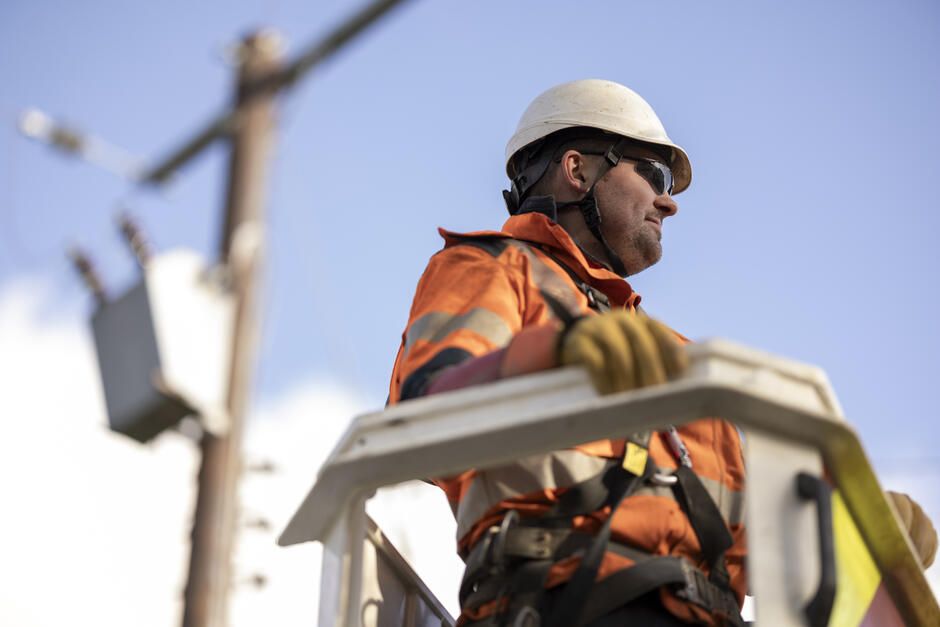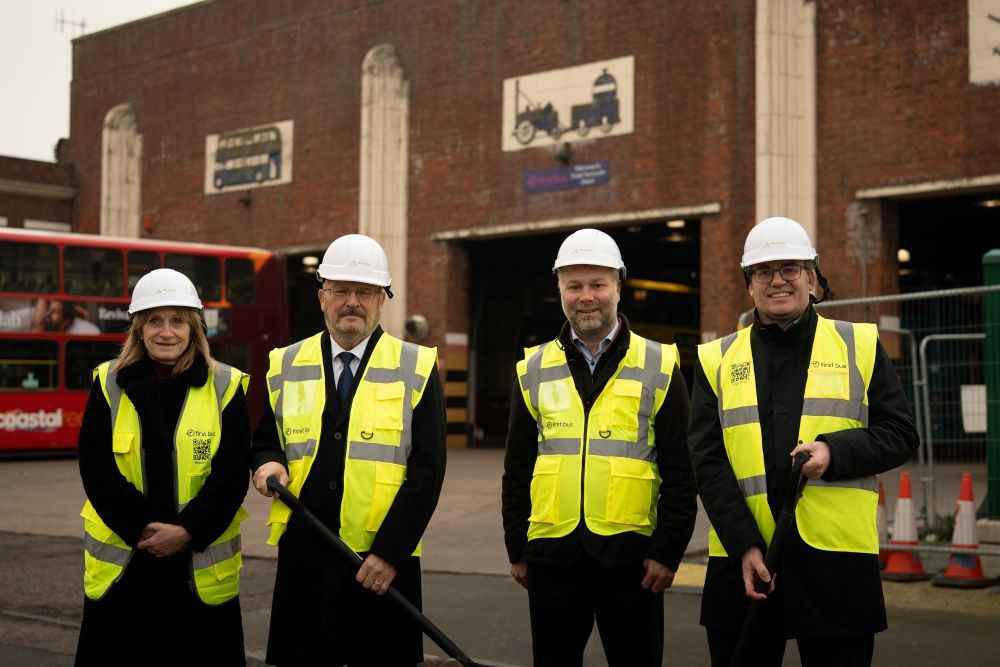National Highways has announced the Lower Thames Crossing will be one of the first major infrastructure programmes in Britain to be carbon neutral in construction.
It comes as a British-made JCB hydrogen fuelled digger was used to carry out survey work on the project in Kent. The Lower Thames Crossing, a new road and tunnel linking Kent and Essex, aims to double road capacity across the Thames.
According to National Highways, the scheme is the first in a new generation of British infrastructure projects that is designed to drive economic growth, while helping the country to meet its net-zero ambitions and “become a clean energy superpower”.
As a carbon pathfinder project, it is scaling up the use of low-carbon construction methods and materials, and in partnership with local SMEs and specialists across Britain is developing new green skills and creating jobs.
The project aims to cut its construction carbon footprint by 70% by aggressively targeting carbon as it refines the design of the new road and adopting new materials and methods of construction as they emerge.
It has also made a legal commitment to responsibly offset any remaining carbon emissions using best practice, and only in the early 2030s once efforts to reduce it during construction are exhausted.
The British-made JCB digger is being used by Skanska, the project’s delivery partner responsible for building the new road in Kent, to carry out ground investigation surveys around the route of the road near Gravesend. The machine was provided by Flannery Plant Hire, and the hydrogen fuel was provided by Ryze. So far it has saved more than one tonne of CO2e during its first four weeks of operation.
The project aims to eliminate diesel from its worksites by 2027 by making the largest ever purchase of green hydrogen for a construction project and using it alongside electric and biofuel to power its machinery.
Roads and Buses Minister Simon Lightwood said:
“The government-backed Lower Thames Crossing will slash journey times for motorists, as well as our vital freight industry. Its construction will also be completely carbon neutral, showing major infrastructure projects can be delivered hand in hand with our ambitious environmental targets.
“Built and powered by British businesses, the Lower Thames Crossing is creating economic growth and unlocking jobs, all part of our government’s Plan for Change.”
Matt Palmer, National Highways Executive Director for Lower Thames Crossing, said:
“Our commitment to being carbon neutral and restoring nature will prove that the British construction industry has the vision and skills to build the projects needed to drive growth in a way that enhances, not impacts, the local environment. It’s an incredibly exciting moment as our ambitions to create a local workforce combine with this cutting-edge technology to put UK construction at the forefront of global innovation.”
Steve Fox, JCB’s Managing Director for Global Major Accounts, said:
“This is a huge milestone for the construction industry. For the first time on a major infrastructure project, hydrogen has proven its worth on site as a carbon-neutral fuel in a working JCB construction machine. We are very excited about the future opportunities for hydrogen-powered machinery on the Lower Thames Crossing project.”
Image courtesy of National Highways











